NCO Leadership in the Army
Topic: Leadership

NCO Leadership in the Army
The Leader; A Guide to Being a Successful Non-Commissioned Officer in the Army; Land Force Central Area (Second Edition, circa 2000)
"The kind of leaders we need today are more like great jazz musicians, thoroughly schooled in the fundamentals and absolutely technically competent but able to improvise on a theme." – General Gordon Sullivan
1. The Canadian military, through two World Wars, Korea and the Gulf War, plus numerous domestic and international operations, has and continues to be held in high regard around the world. Revered as shock troops by the German Army in the First World War, Canadian soldiers proved themselves a formidable foe. Seasoned in battle during campaigns in Italy and Northwest Europe, Canadian's demonstrated yet again the fighting spirit of their forefathers and achieved remarkable success. Today, at home and abroad our troops are called upon collectively to assist our allies in preserving peace from Bosnia to Bangui in the Central African Republic.
2. Collectively and individually, our soldiers are amongst the best in the world. Two recent examples immediately come to mind. First Sergeant Boudreau's section won the gold medal at the 1997 Cambrian patrol competition in Wales and Master Corporal Calis received the 'William O'Darby' award for outstanding performance on the Ranger course.
3. Collectively and individually however, success is not always easy to achieve. It takes work, determination to be the best and a strong NCO core. With a doubt a dedicated and professional NCO has always been an integral, necessary and permanent part of any good army. The past has clearly shown, and it is true today, that only a special group of soldiers are selected to be NCOs. This special status carries the weight of additional duties, responsibilities and authority.
4. Today, NCOs are also expected to preserve traditions and develop esprit de corps in an environment of rapid social and technological change, pressure to reduce expenditures and a high operational tempo. This must be done in a world where regional conflicts require professional troops like ours to carry out a wide variety of missions. Sometimes, it often seems that change is the only certainty. In this environment, it is a challenge to retain and exercise authority especially when the public, the media and our own members scrutinize decisions.
5. There are, as you may expect, no simple answers or insightful phrases that can remedy the present state of affairs we all live in. During these turbulent times all leaders have to learn to deal with uncertainty and ambiguity while trying very hard to impart a clear sense of mission and purpose to our soldiers. We as a group and individuals are not immune to the changes occurring all around us; we must adapt like every Canadian. Times have changed: both leaders and soldiers are well educated and come from an evolving social environment; the classical autocrat is "out"—the listening leader is "in".
6. As a leader, you have a tough, demanding, but very rewarding job and the soldiers you lead are the heart of the army, both regular and reserve. Your work is challenging because you direct soldiers at the action level where the important, day to day, fundamental work of the army is performed. You are the key to making your soldiers more capable by sharing what you know and encouraging them to use their initiative. 7. Because you work very closely with your soldiers, you have the best opportunity to know them as they really are. You should be the first to identify and teach them how to best use their strengths, the first to detect and train them to overcome their shortcomings. Leading by example, you are in the best position to secure their trust and confidence. You have the advantage of a deeper understanding of your soldiers' behaviour because you were promoted directly from the ranks that you now lead.
Honour, Integrity and Dignity
8. Good leaders conduct themselves with honour and integrity and treat their superiors, peers and subordinates with respect and dignity. This leads to willing and cohesive teams. Everyone knows their job, is proud of it and proud of their place on the team. The team breaks down completely when there is a lack of understanding, incompetence and/or abuse. You have a principle obligation to be technically competent for your rank and position. You have a legal and moral obligation to ensure that your troops perform their duties to the required standard. None of this is attainable when soldiers mistrust each other or their commanders.
9. It is imperative that your actions in relation to your troops are not inherently offensive, demeaning, belittling or humiliating to them. This is considered harassment. It is illegal, unprofessional and forbidden. You have a positive obligation to ensure that no other military person treats anyone else in such a manner. It must be reported immediately.
10. There are two important concepts that must be understood – Ethics and Morale. They are more complex than you might think and there are no hard and fast rules that govern these concepts. Nevertheless they are integral to everything you do both on and off the job.
a. Ethics. Essentially, if you follow the guidance in this handbook it is fair to say that you will be acting in an ethical manner. In many ways, ethics are just good common sense—simply doing the right thing with the people you deal with every day. Ethics are based on the respect for the dignity of all persons. We will not injure, bully, deceive, manipulate, discriminate against, harass, sexually harass, or unjustly treat any person. Ethics embodies qualities such as honesty, accountability, competence, diligence, courage, loyalty, obedience, fairness, discretion and most importantly, care of subordinates.
b. Morale. Morale is the term used to describe the complex relationship between people and the environment in which they live and work. It could be described in terms of the attitudes or feelings possessed by an individual as he or she relates to the group. For the group, it is the commitment to pull together towards goals the members accept. High morale energizes and motivates troops to perform their tasks with greater effort and eagerness. To achieve high morale, leaders must be competent, goals must be clear, cohesiveness must be evident and there must be open communications up and down the chain of command.
Lead by Example
11. This is the fundamental leadership secret for success. The army requires NCOs who have earned the respect of their superiors by demonstrating the ability to accomplish all assigned tasks. You will also win the respect of your soldiers by considering the effects of your actions on them and by placing their well being above your own. As you spend more time with your subordinates than your officers, your personal example must extend beyond normal duty and into your personal life. If not, can you demand a high standard of performance and behaviour from yGeraldour troops at all times? Therefore, set a good example both on duty and off.
Build Teamwork
12. A team can be described as a small number of people with complementary skills who are committed to a common purpose, shared performance goals, and an organized approach for which they hold themselves accountable. As a NCO your job is to optimize the performance of each member of your group. You must develop team spirit based on the fact that, on your team each person depends on the other, and all depend on well maintained and properly working equipment. Teamwork is learned by training, practice and experience.
Know Your People
13. We are all volunteers who have offered our service to Canada. We place service before self. Our soldiers possess a spark of patriotism and love for adventure that needs constant attention and development. Operational situations have proven that Canadian soldiers will fight as willingly and as well as anyone on earth, when led with courage and wisdom. They are resourceful and imaginative, and the best results will be obtained by encouraging them to use their initiative. They are more likely to respond to a leader who has the will and intelligence to give a clear, sensible order than to obey one who has little in his or her favour but rank. They will display loyalty and discipline most readily when they are aware you trust them.
14. Integrity, a sense of humour, pride in the service. Your demonstration of these qualities will impress your soldiers to a far greater extent than mere talk. We all love to complain but you must be able to distinguish between semi-humorous complaining and the sullen undertones of genuine unrest that result from favouritism or injustice.
Know Your Job
15. To be a good NCO you must know your job—know it exceptionally well. This means being proficient in the employment, care and maintenance of equipment assigned to you. If you are a really good NCO you will at least be as good as, or better at all those things than any of your soldiers. This is the first step in leading by example. You are the coach, the team is the vital component; high performance is the payoff. In addition you need to think ahead to the day when you may have to be replaced. Your soldiers must be able to pick up, carry on, and get the job done in your absence.
Be Honest
16. "Tell it like it is" - not what you think someone wants to hear. If something goes wrong, be willing to say so; do so in an objective straightforward way; present facts. If you make a mistake, admit it. Never sacrifice integrity. You may be able to fool those you work for; chances are that you will never be able to fool those who work for you—your soldiers. Remember, as a group, Canadian soldiers have an almost unerring ability to ferret out the truth. Any attempt to fool them is a serious gamble that is seldom worth the risks involved. If the team does a good job, share the credit; it is the team effort that was successful with you as the leader.

Posted by regimentalrogue
at 12:01 AM EDT
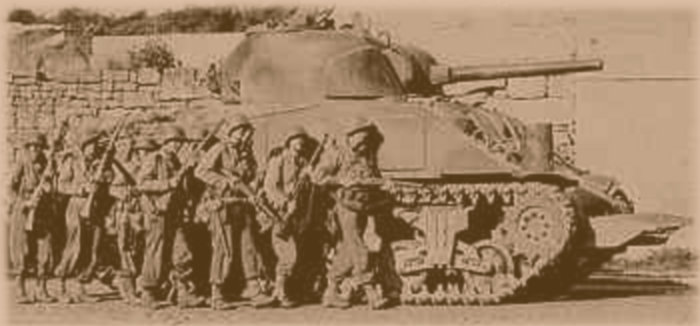


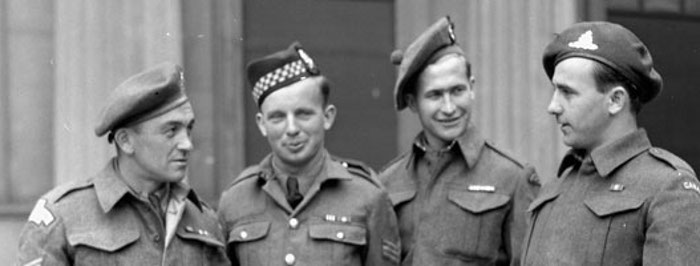
 Leadership presupposes two things: — A leader, and men capable of being led. A stag cannot lead an army of lions; a lion cannot persuade an army of stags to follow. What then is required? A lion leading lions. In other words, the qualities of leader and led are very similar. The chief of these qualities are: —
Leadership presupposes two things: — A leader, and men capable of being led. A stag cannot lead an army of lions; a lion cannot persuade an army of stags to follow. What then is required? A lion leading lions. In other words, the qualities of leader and led are very similar. The chief of these qualities are: — 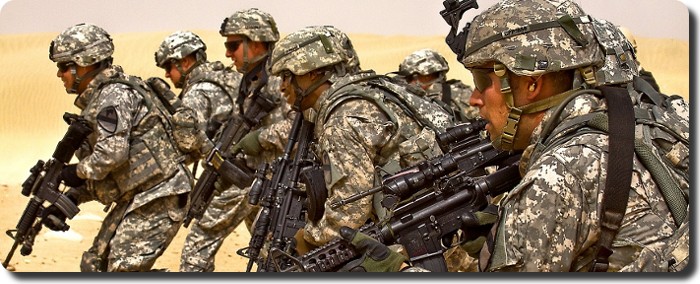

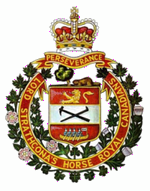
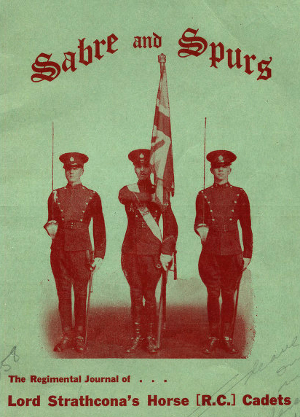 "Is command an art?" will perhaps be asked by some who feel that nothing can be easier than giving orders. Anyone, however, who thinks so, ignores the fact that the only man capable of command is the man who has learned to obey, and that an order is only justified, if, under the circumstances of the case, it was absolutely necessary. Even then, it can only be approved if it be unobjectionable both in matter and manner.
"Is command an art?" will perhaps be asked by some who feel that nothing can be easier than giving orders. Anyone, however, who thinks so, ignores the fact that the only man capable of command is the man who has learned to obey, and that an order is only justified, if, under the circumstances of the case, it was absolutely necessary. Even then, it can only be approved if it be unobjectionable both in matter and manner.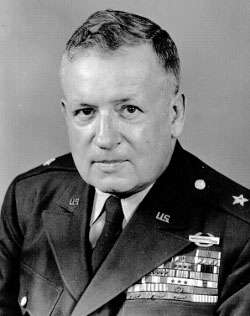
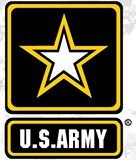 To be fully effective, a leader needs three kinds of integrity: ethical, physical, and psychological. Each kind of integrity has an impact on the others, and all require self-care. Ethical integrity has to do with behaving in ways defined as good—telling the truth, taking care of one's troops, not ordering subordinates to do things one is not willing to do oneself. …
To be fully effective, a leader needs three kinds of integrity: ethical, physical, and psychological. Each kind of integrity has an impact on the others, and all require self-care. Ethical integrity has to do with behaving in ways defined as good—telling the truth, taking care of one's troops, not ordering subordinates to do things one is not willing to do oneself. …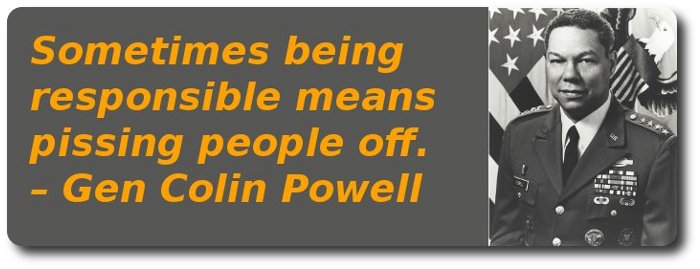

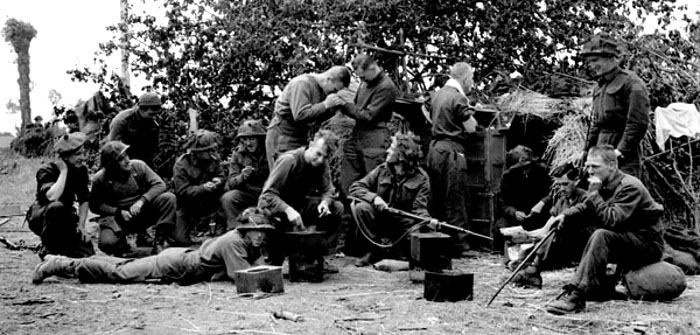
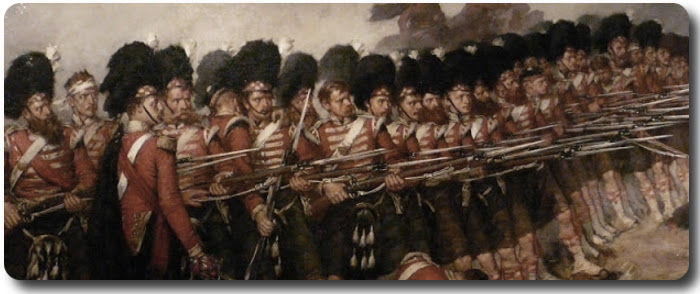
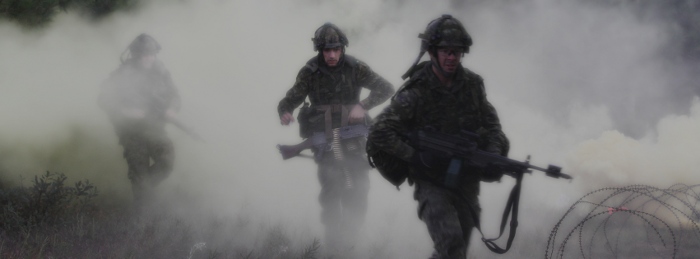
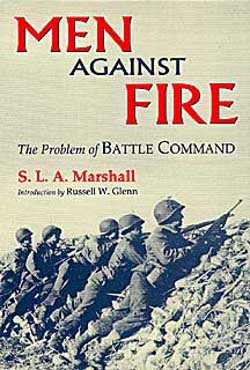
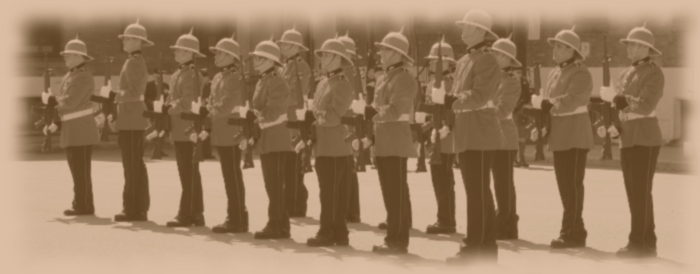
 "I am going to relate to you something that happened to me which I think highlights this business. In my parachute battalion we had a Corporal Sheriff. He was a good corporal but he had his share of rockets and so on. He didn't make sergeant when there was plenty of promotion flying about but he was a good battalion and a good company man. He joined us in 41, fought with us in North Africa, Sicily and Italy and finally at Arnhem, and it was at Arnhem that he was wounded. We had been in the prison camp for I should think about three months with no knowledge of him at all when I was told that he was in the reception hut, and so I scrounged a few cigarettes which were available, because I was told he was in bad shape, and went up to the hut.
"I am going to relate to you something that happened to me which I think highlights this business. In my parachute battalion we had a Corporal Sheriff. He was a good corporal but he had his share of rockets and so on. He didn't make sergeant when there was plenty of promotion flying about but he was a good battalion and a good company man. He joined us in 41, fought with us in North Africa, Sicily and Italy and finally at Arnhem, and it was at Arnhem that he was wounded. We had been in the prison camp for I should think about three months with no knowledge of him at all when I was told that he was in the reception hut, and so I scrounged a few cigarettes which were available, because I was told he was in bad shape, and went up to the hut.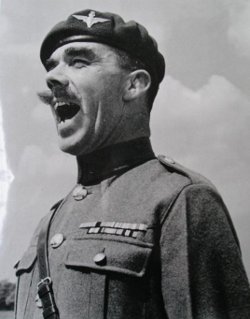
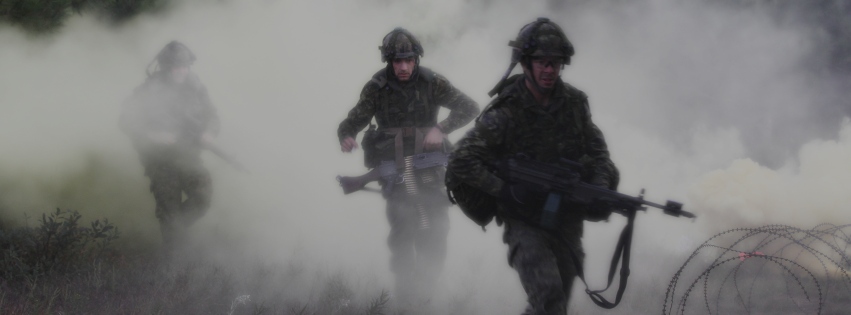
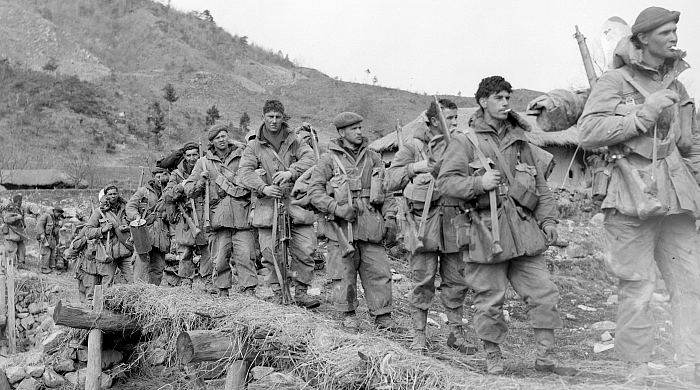
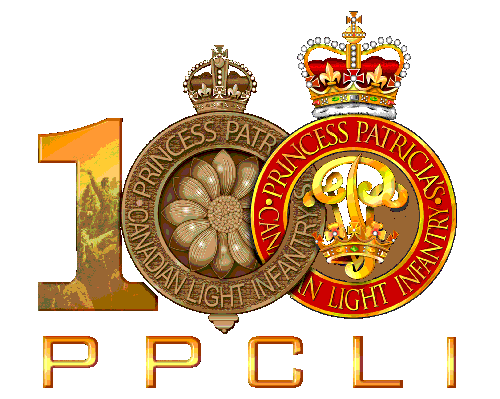
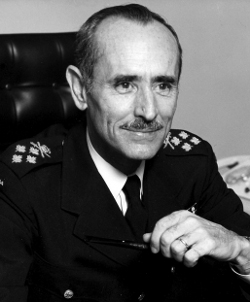 Leadership is self-perpetuating—at least is should be. This means that you, as a leader, have a solmn responsibility to develop leadership in your subordinates. Remember that all of them sooner or later will have to lead others. The best way for you to teach them, of course, is by example, hopefully by good example.
Leadership is self-perpetuating—at least is should be. This means that you, as a leader, have a solmn responsibility to develop leadership in your subordinates. Remember that all of them sooner or later will have to lead others. The best way for you to teach them, of course, is by example, hopefully by good example. 
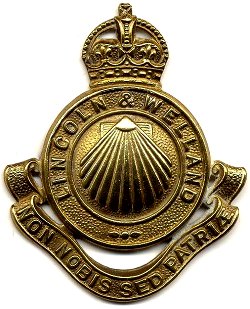 1. He wants to follow a leader who is not afraid … not afraid of his position, not afraid of his own boss, not afraid of a tough job, not afraid of the people who work for him, not afraid of honest mistakes—either theirs of his.
1. He wants to follow a leader who is not afraid … not afraid of his position, not afraid of his own boss, not afraid of a tough job, not afraid of the people who work for him, not afraid of honest mistakes—either theirs of his.